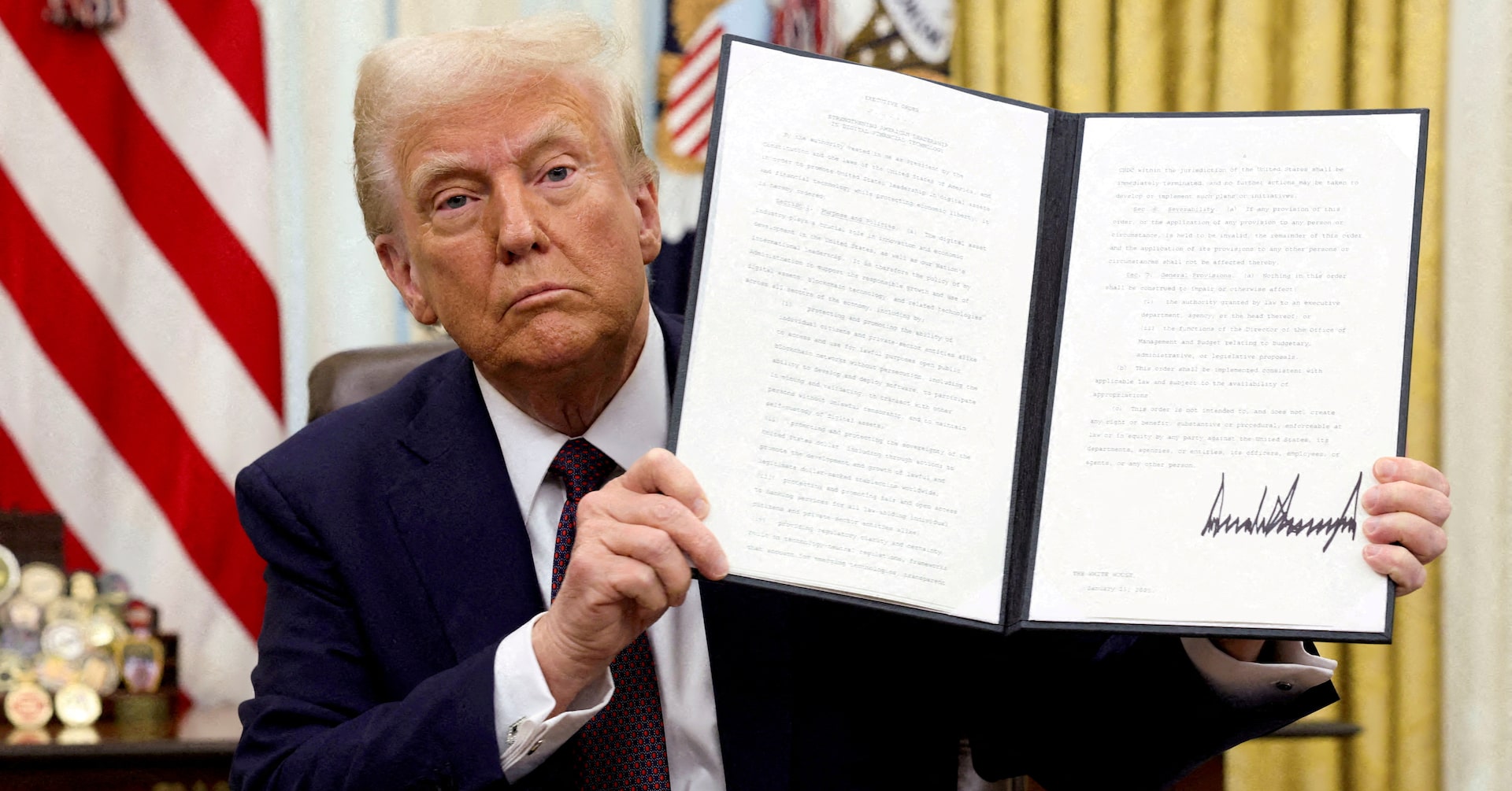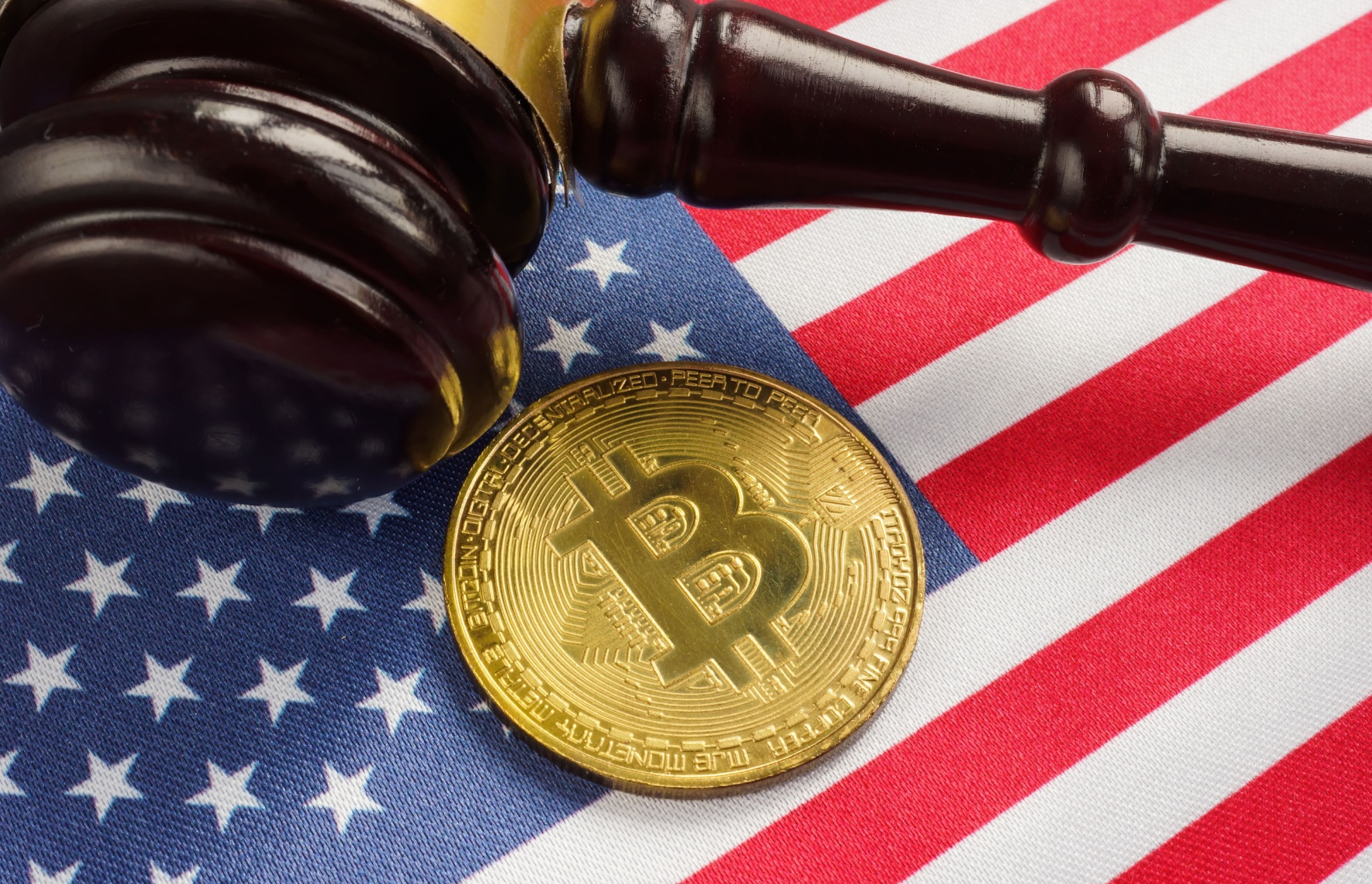Crypto Crackdown Averted: Trump Strikes Down Controversial IRS Reporting Rule

In a significant move for the cryptocurrency industry, President Donald Trump has signed a new bill that blocks a controversial IRS rule targeting decentralized cryptocurrency exchanges. The legislation effectively nullifies a recent regulatory attempt to broaden the definition of financial brokers in the digital asset space.
The White House statement, released on Thursday, confirms that the president has taken decisive action to protect the interests of cryptocurrency platforms and prevent potentially restrictive regulatory overreach. By signing this bill, Trump has sent a clear message about preserving innovation and flexibility in the rapidly evolving digital currency landscape.
The overturned IRS rule would have dramatically expanded the regulatory scope, potentially imposing stringent reporting requirements on a wide range of cryptocurrency platforms and services. This legislative intervention now prevents that expansion, offering a reprieve to decentralized exchanges and blockchain-based financial services.
Cryptocurrency industry leaders and advocates have celebrated the move as a victory for technological innovation and a safeguard against excessive government intervention in the emerging digital finance sector.








